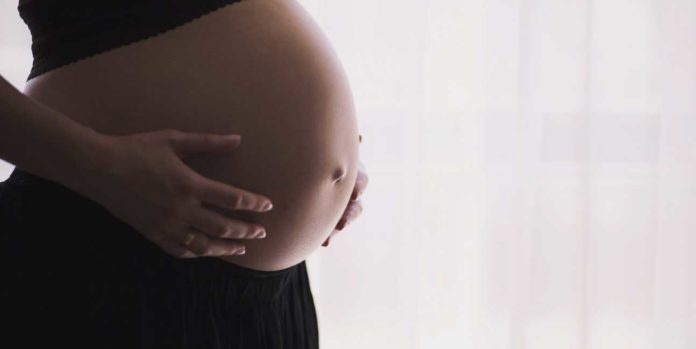Heart disease is the leading cause of death today, killing 17.7 million people a year. Our genes also interact with traditional lifestyle risk factors, such as smoking, obesity and/or sedentary life. These factors lead to an increased risk of heart disease.
Moreover, it is also suggested that the gene-environment interaction before birth may be just as, if not more, important in ‘programming’ future heart health and heart disease. For example, human studies in siblings show that children born to a mother who was obese during pregnancy are at greater risk of heart disease than siblings born to the same mother after bariatric surgery to reduce maternal obesity.
Now, a new study by the University of Cambridge shows that pregnancies convoluted by chronic hypoxia – lower-than-typical oxygen levels – have expanded pointers of cardiovascular disease, for example, hypertension and stiffer veins.
Chronic hypoxia in the developing baby within the womb is one of the most common outcomes of complicated pregnancy in humans. It occurs as a result of problems within the placenta, as can occur in preeclampsia, gestational diabetes or maternal smoking.
Scientists conducted the study on pregnant sheep to show that maternal treatment with the antioxidant vitamin C during a complicated pregnancy could protect the adult offspring from developing hypertension and heart disease. This work suggests that a prenatal influence on later heart disease in the offspring is indeed possible. Moreover, it shows that the potential to protect against it by bringing preventative medicine back into the womb.
Professor Dino Giussani from the Department of Physiology said, “Our discoveries emphasize that when considering strategies to reduce the overall burden of heart disease, much greater attention to prevention rather than treatment is required. Treatment should start as early as possible during development, rather than waiting until adulthood when the disease process has become irreversible.”
Professor Giussani stresses that it is too soon to consider vitamin C as a potential supplement for mothers. Any mothers concerned about their baby’s development in the womb should speak to their doctor before changing their diet or using supplements.
The work is published in the journal PLOS Biology.
